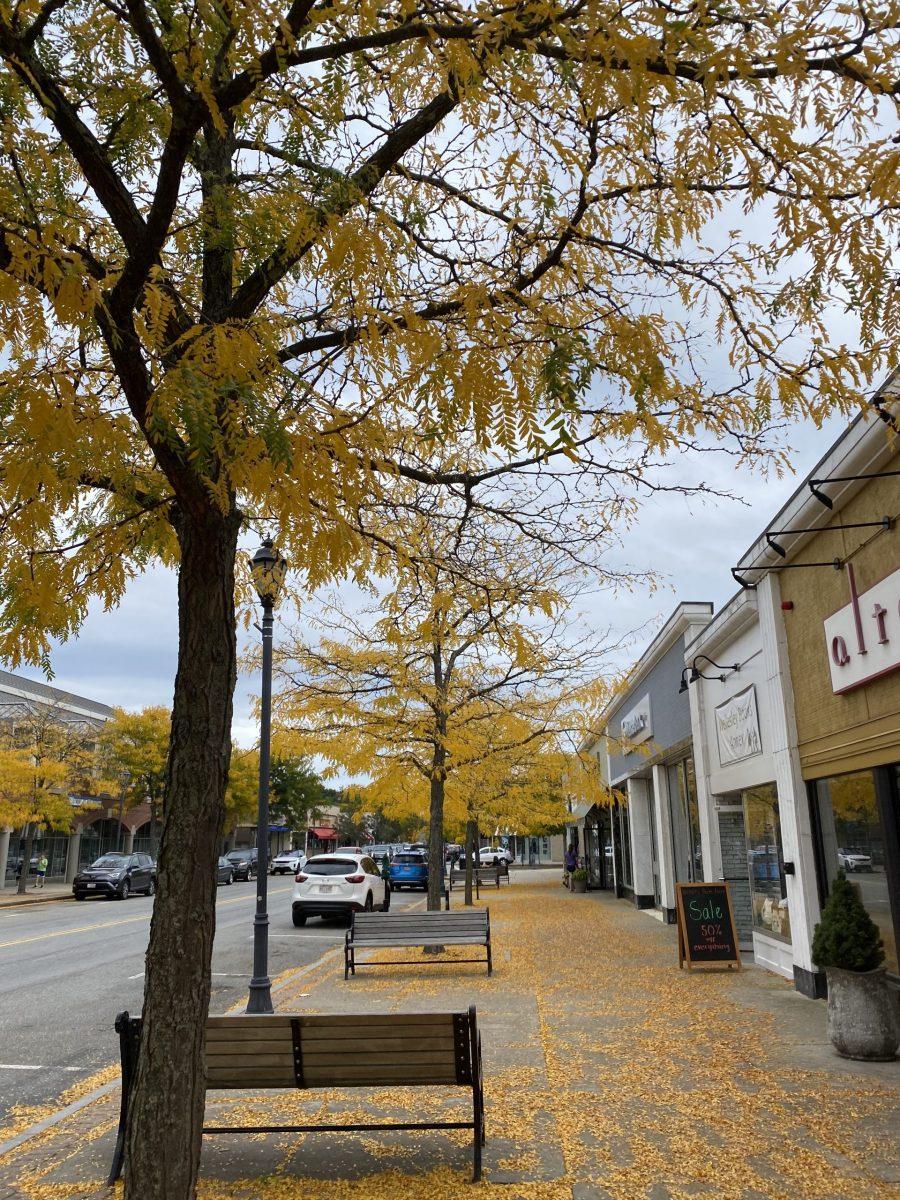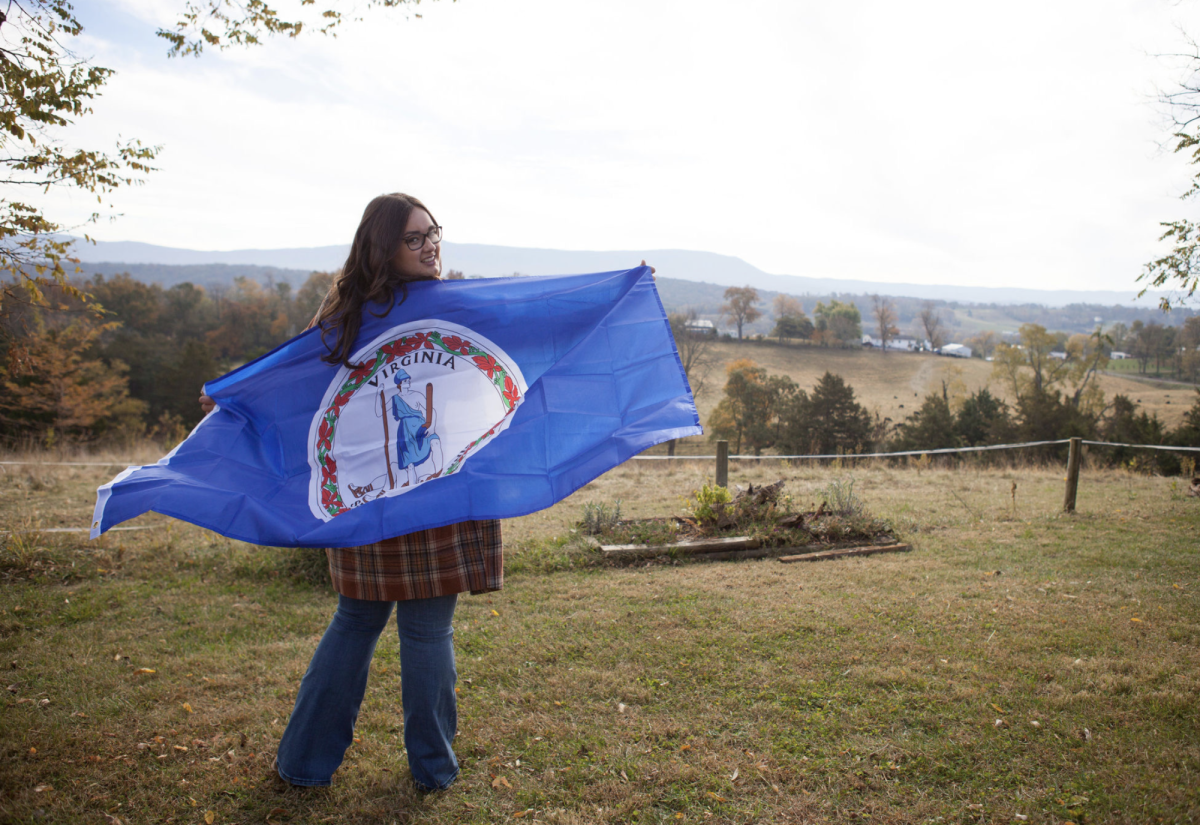Students are permitted to work off-campus again after last year’s ban due to rising COVID cases.
“We had to take steps to protect the Wellesley ‘community’ and limit outside interactions,” Joy St. John, dean of admission and financial aid, said over email.
According to Lorelei Blau ’24, who has worked at Starbucks since September 2020, the restriction occurred after her coworker, who did not attend Wellesley, tested positive for COVID-19. To continue working, Blau flew home early and decided to study remotely for the spring semester. If the College were to ban off-campus employment again, she would take a leave of absence or transfer rather than quitting her job.
“The wages are $5 more at Starbucks than on campus, and I was also working triple the time we [are] allowed to on campus,” Blau said. “Having the off-campus job allowed me to escape for a bit and meet new people.”
Another sophomore, who wished to remain anonymous for fear of retribution, continued working in the Ville after the ban. She worked 40 hours a week last year and plans on working 30-35 this year while also holding an on-campus job. As a student on full financial aid, she could not afford to stop working because she has to support herself.
“Not being able to work … cuts me off from my source of income … which jeopardizes academic opportunities and also social ones,” she said.
Although work-study was waived last semester and students could apply for COVID support grants, she did not feel comfortable applying for the amount of money she was making and feared losing her job permanently if she quit.
Bella Jung ’24 noted the lack of availability of work-study jobs as part of the reason for her reliance on babysitting.
“My first year, I applied to so many on-campus jobs, and I didn’t get any,” Jung said. “How can Wellesley say, ‘Oh, if you have work-study, this part is going towards your tuition,’ but then not guarantee having enough jobs?”
Students are also encountering difficulties due to the bus schedule, which was altered in accordance with the divestment plan. Theresa Rose ’22, who works at Life Alive Organic Cafe in Cambridge, has to take the commuter rail if they have a shift that falls outside of the bus schedule. If they work later than the last train, they will have to take an Uber or stay with a local friend.
“It’s a f*cking nightmare,” Rose said.
Despite the setbacks, Rose is glad that off-campus employment is possible again. They take additional safety measures, such as wearing a mask in the dorm hallways, because they do not want to cause an outbreak that could jeopardize off-campus jobs again. Rose and others are worried about this possibility, but they think it is unlikely.
“I think a lot of things would have to change,” Jung said. But if it were to get to a point where they had to close everything again, safety and public health would come first.”
The administration expressed similar sentiments.
“We do not anticipate having to reinstate the ban, but if we see a sharp increase in positivity rates, we will take steps we feel are necessary to help protect our students and community,” a representative from Communications & Public Affairs said via email.






